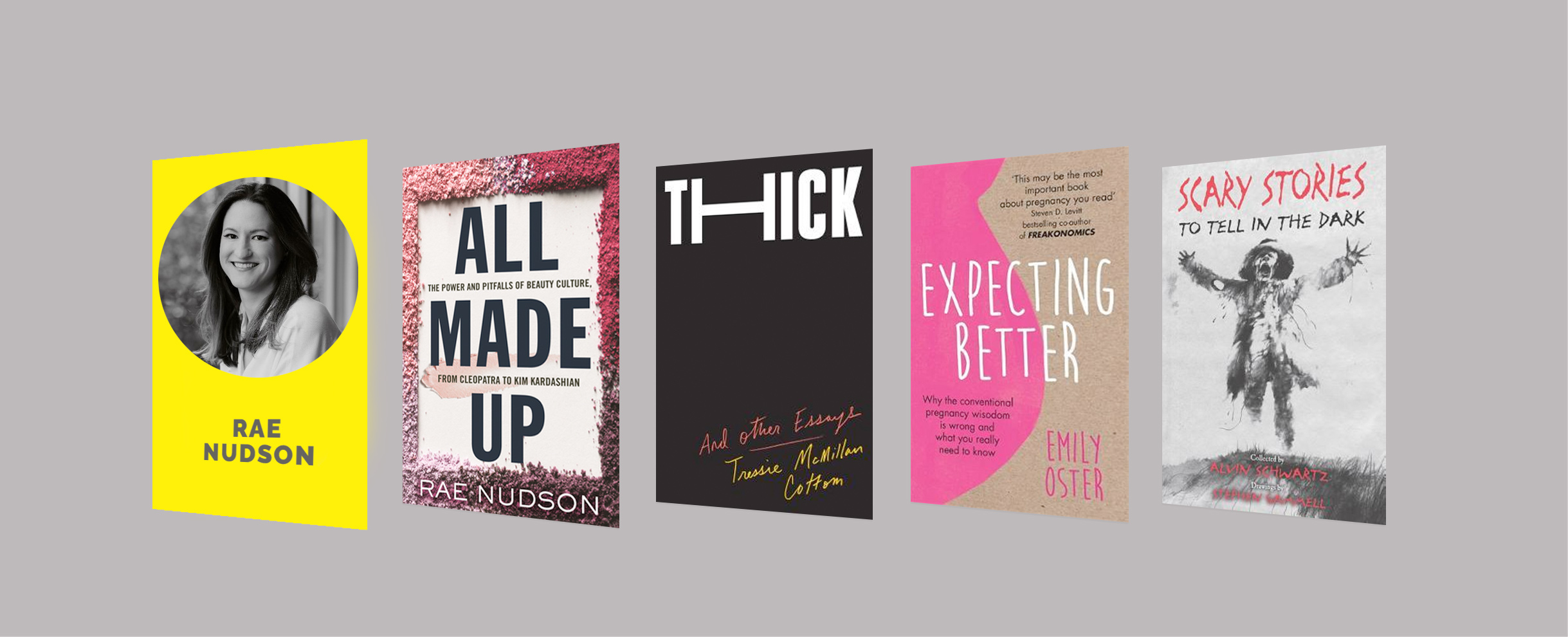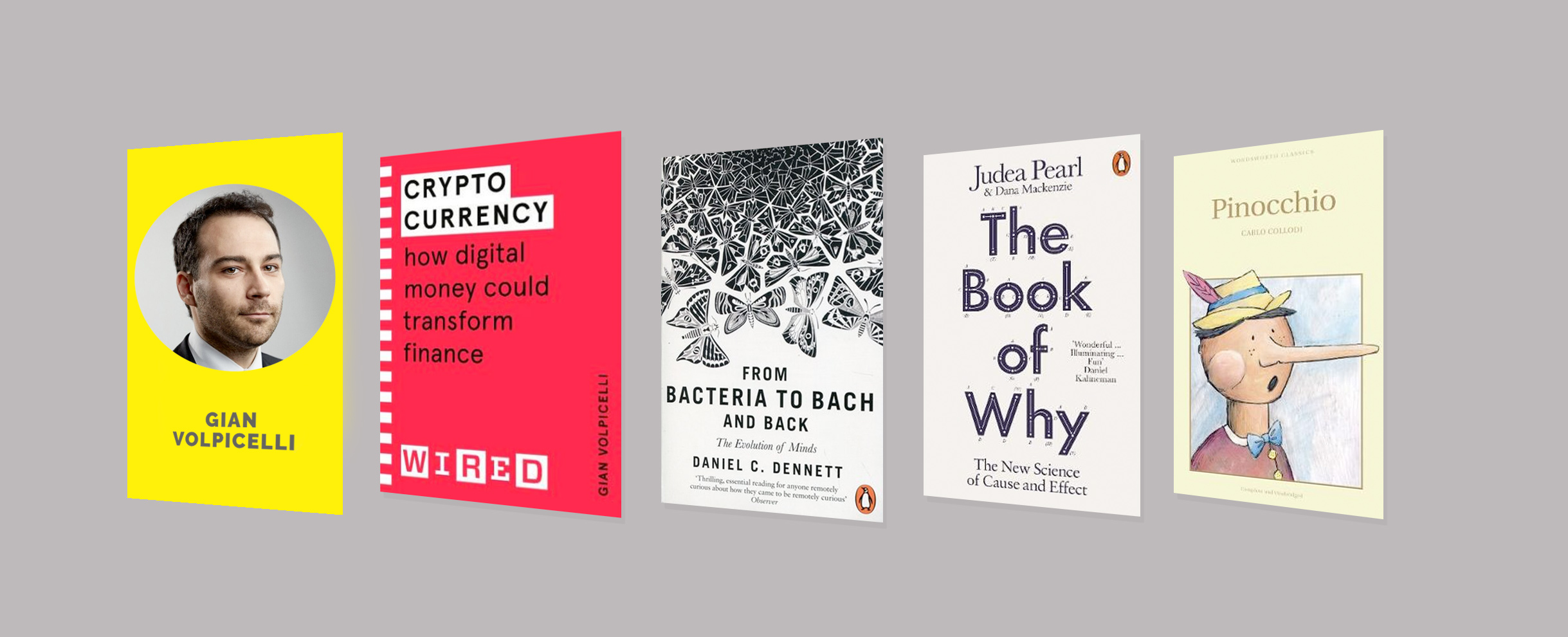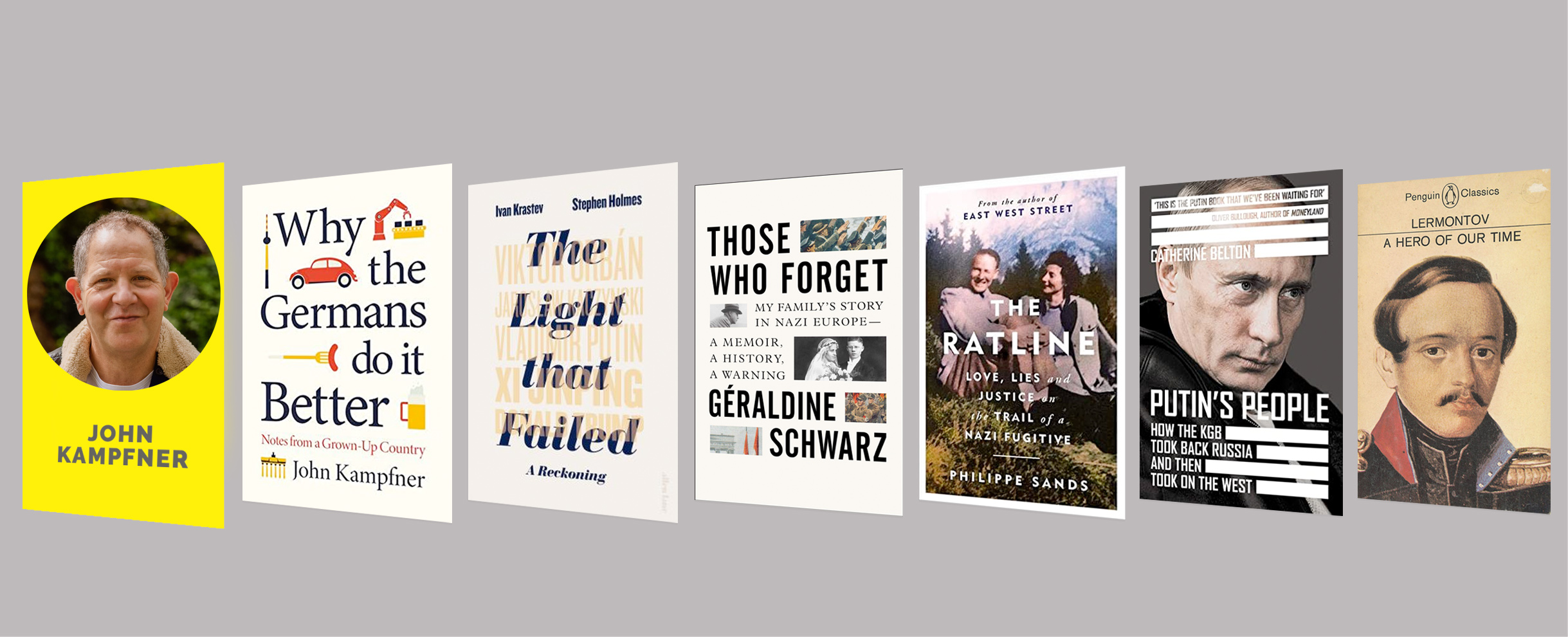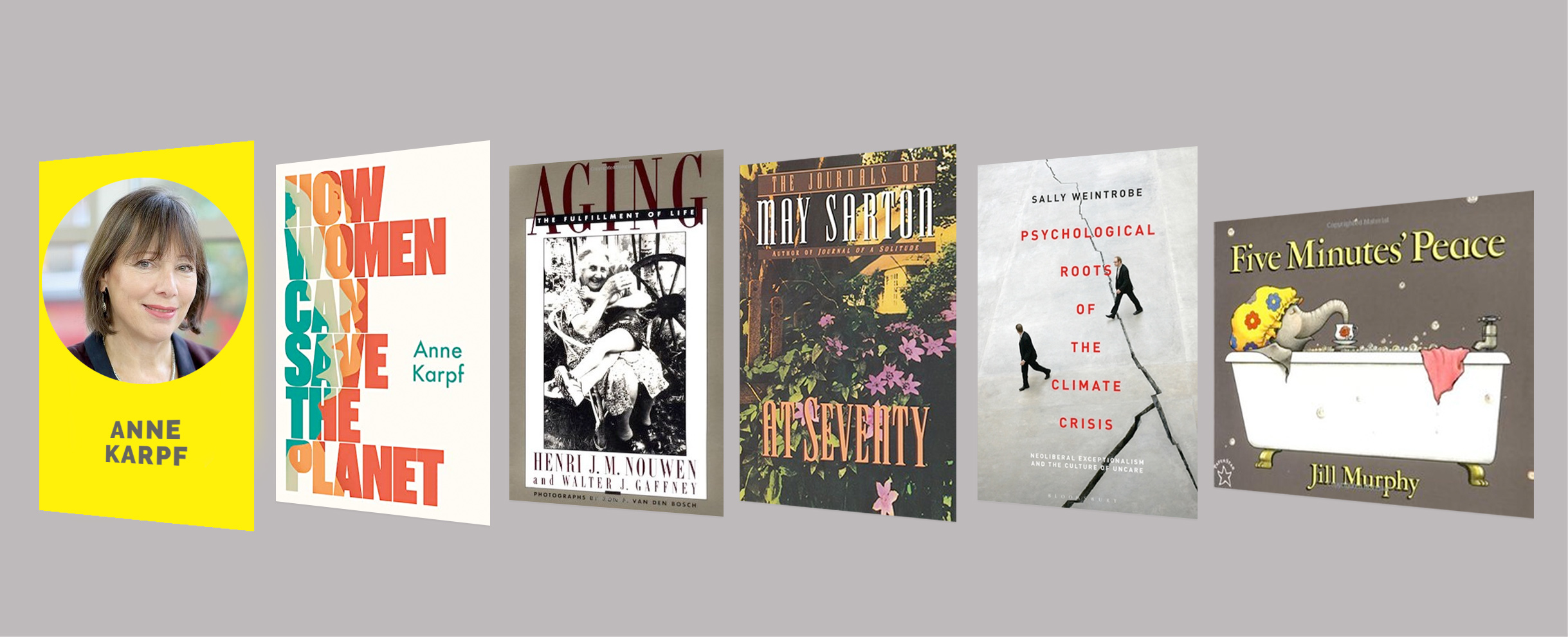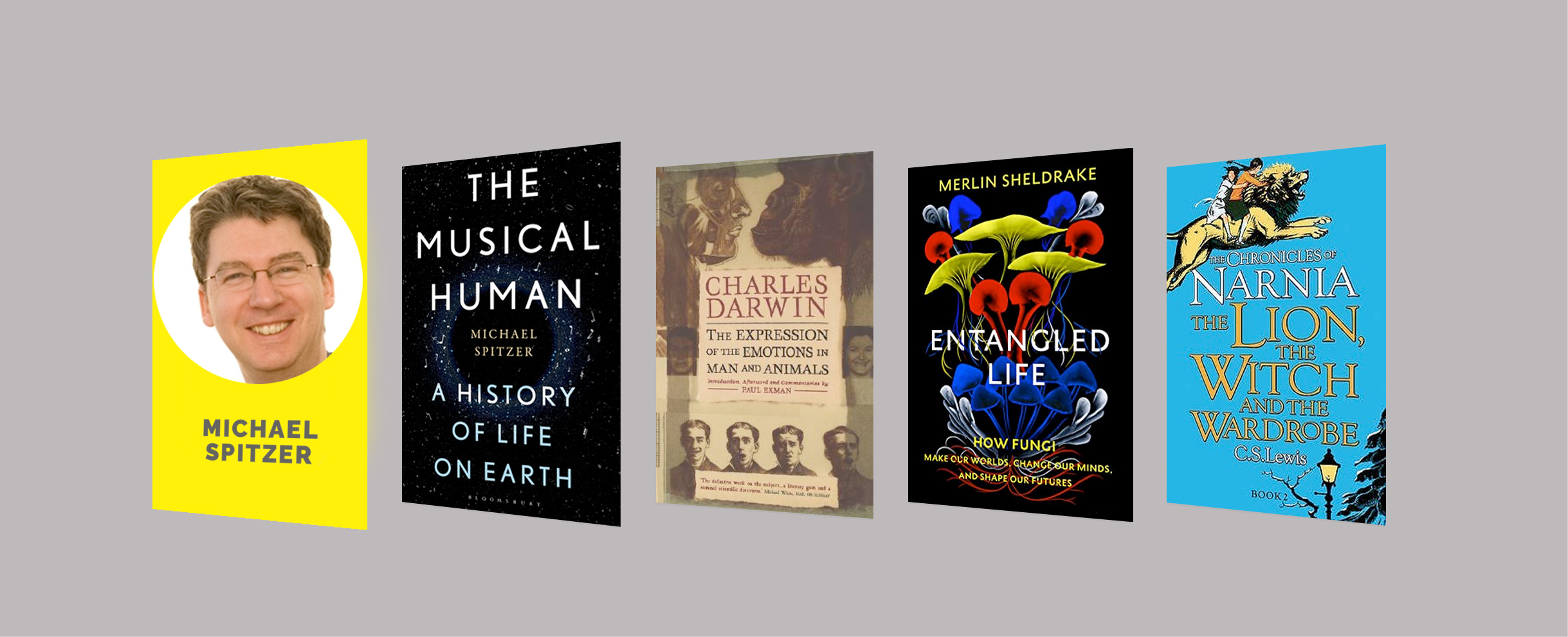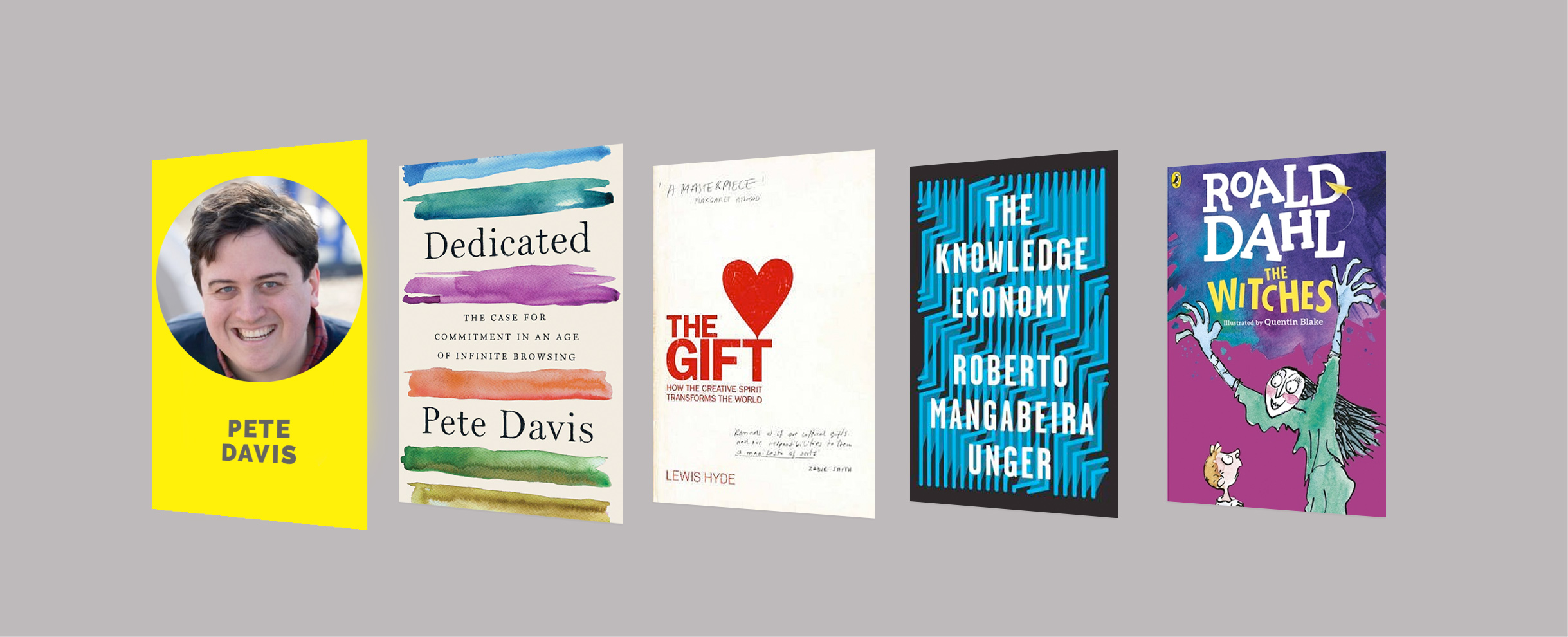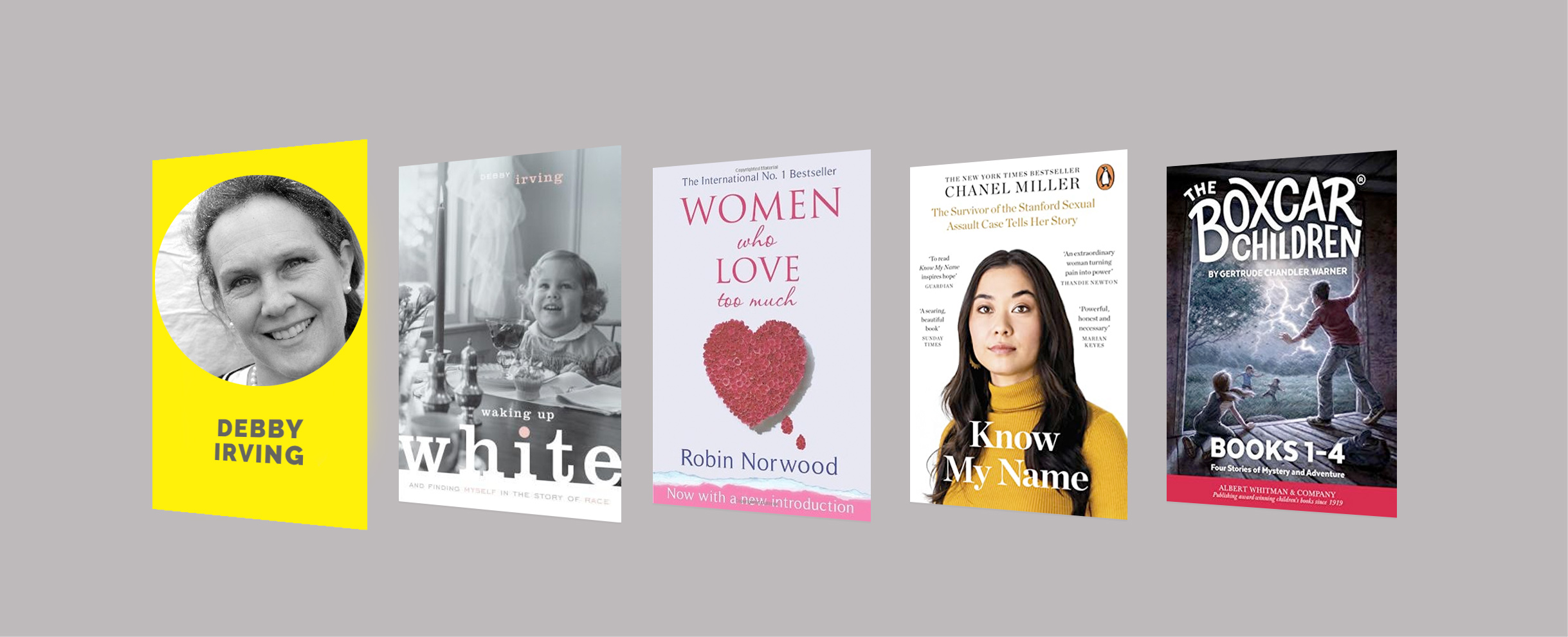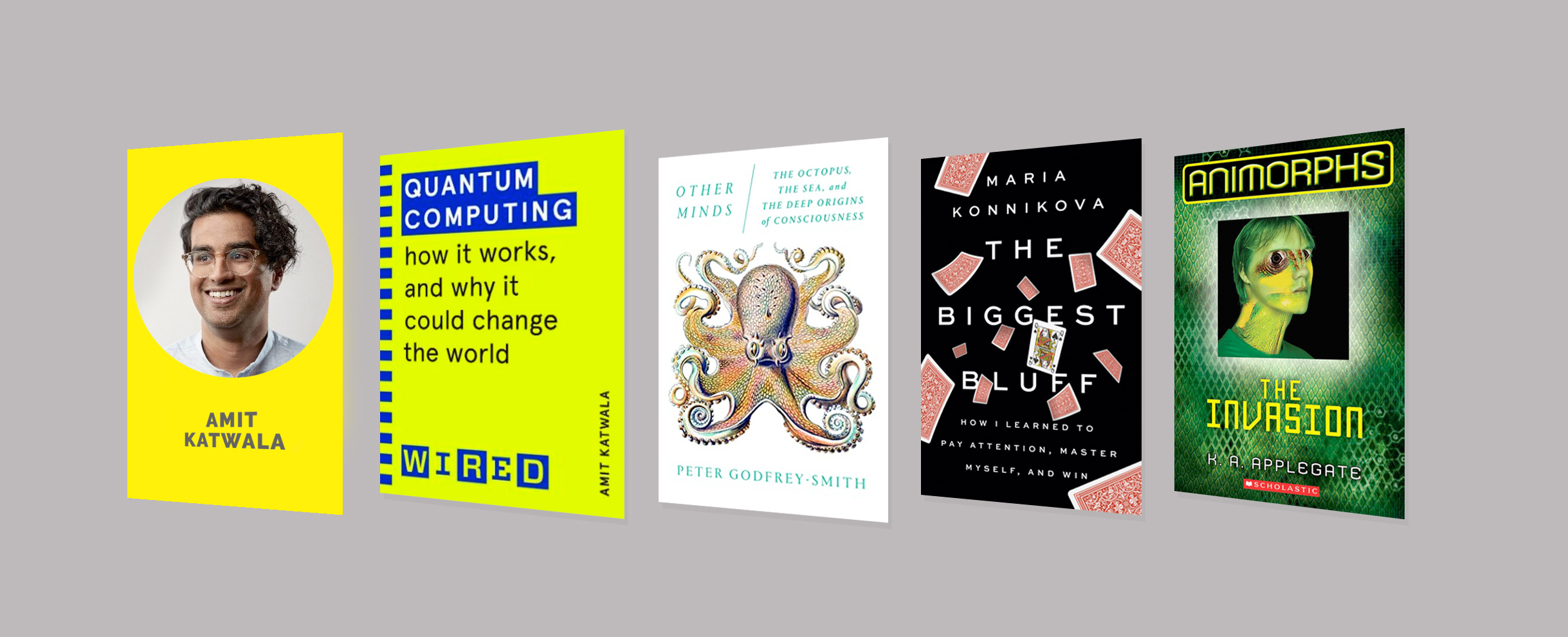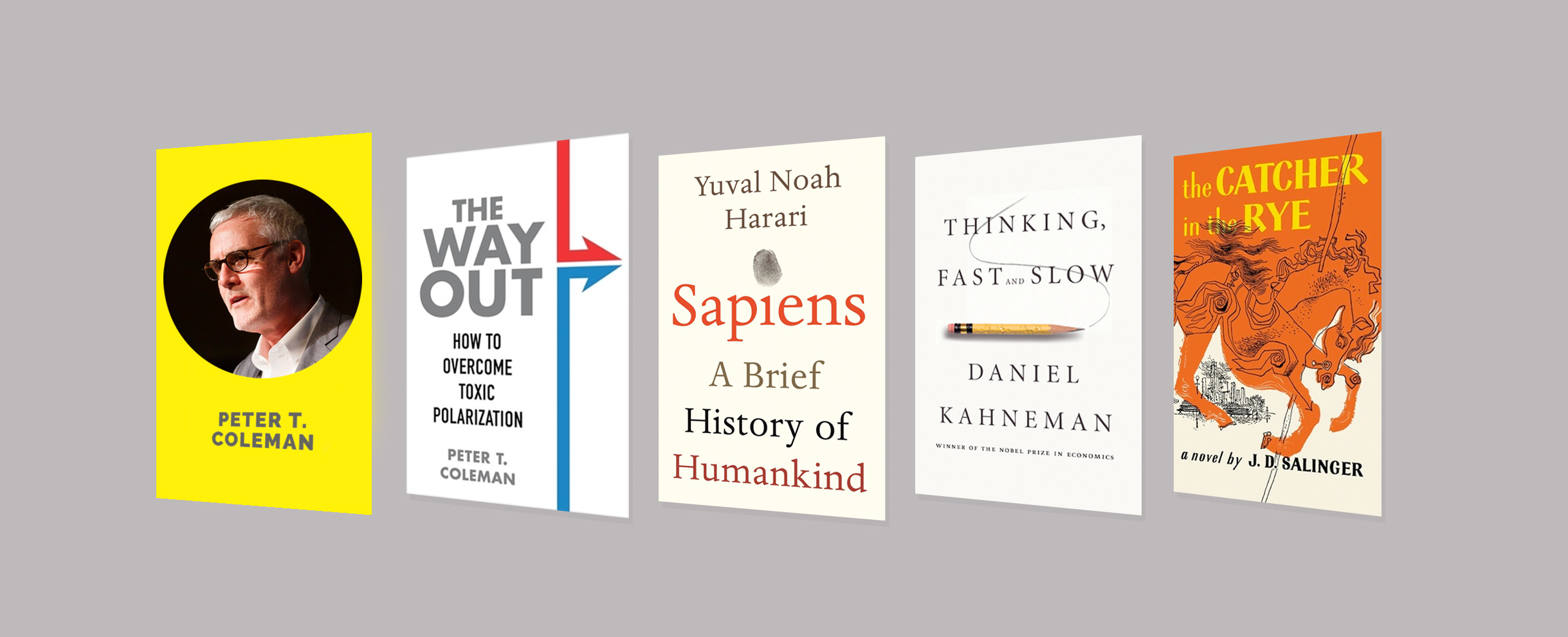Interview with Alice Bell, author of Our Biggest Experiment: An Epic History of the Climate Crisis
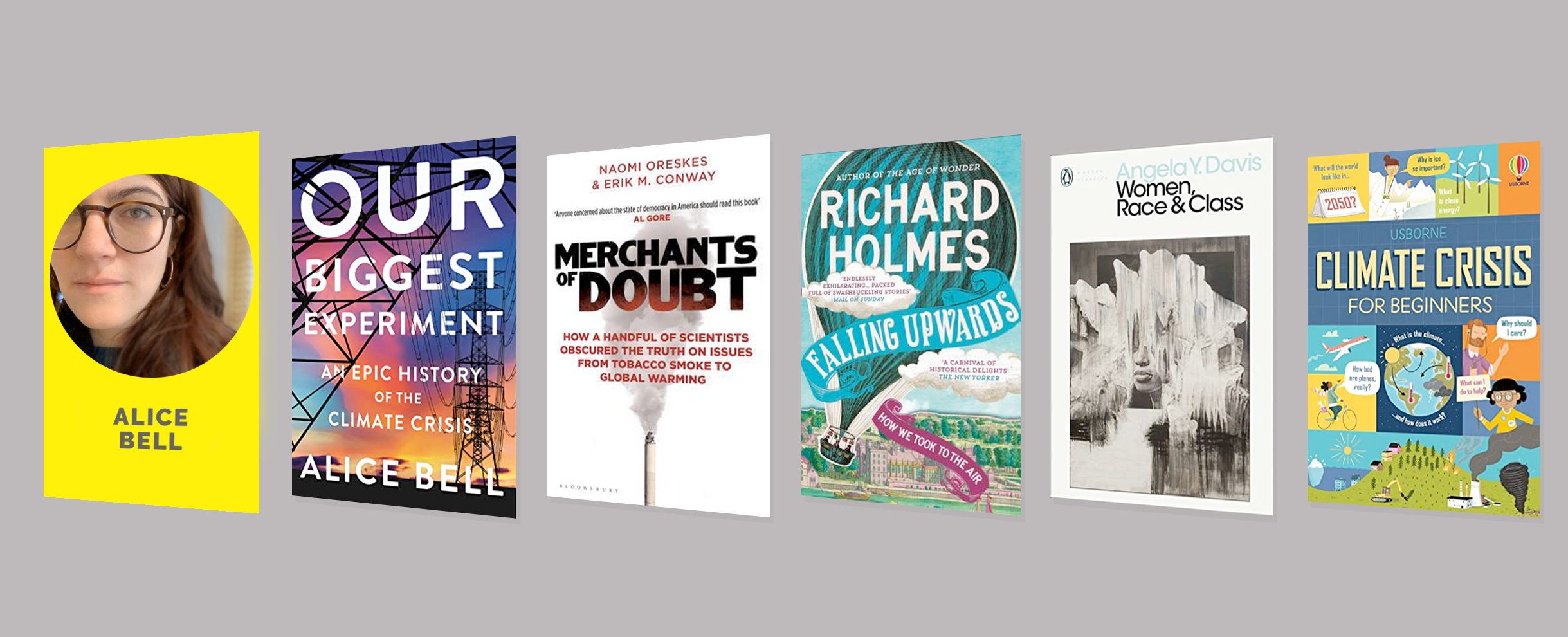
Alice Bell, author of Our Biggest Experiment: An Epic History of the Climate Crisis recommends an important set of books! Before jumping into the interview, please check out Alice's book:
Review from Book Depository:
It was Eunice Newton Foote, an American scientist and women's rights campaigner living in Seneca Falls, New York, who first warned the world that an atmosphere heavy with carbon dioxide could send temperatures here on Earth soaring. This was back in 1856. At the time, no one paid much attention.
(All affiliate links earn commission from purchases that help fund this site. Prices accurate at time of writing)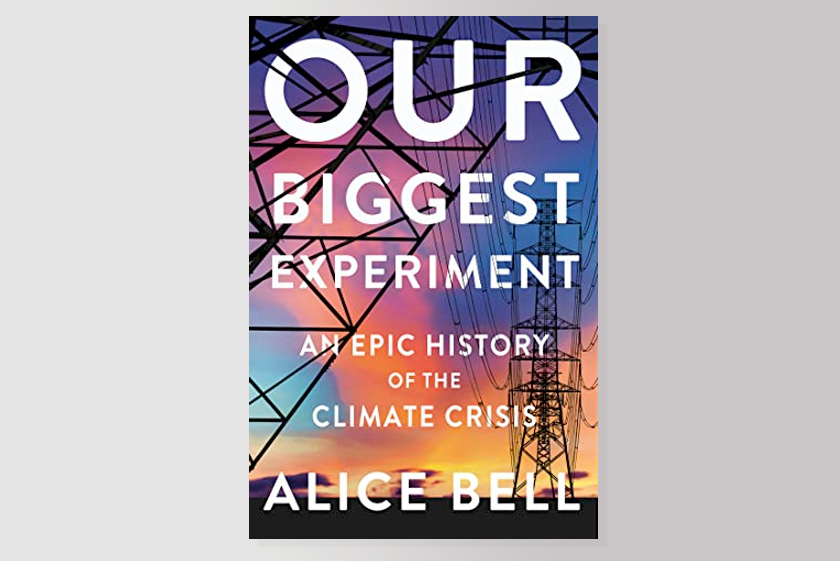
Our Biggest Experiment: An Epic History of the Climate Crisis
Our Biggest Experiment tells Foote's story, along with stories of the many other scientists who helped to build our modern understanding of climate change. It also chronicles our energy system, from whale oil to kerosene and beyond -- the first steamships, wind turbines, electric cars, oil tankers and fridges. Alice Bell takes us back to climate change science's earliest steps in the eighteenth and nineteenth centuries, to the advancing realisation that global warming was a significant problem in the 1950s and right up to today, where we have seen the growth of the environmental movement, climate scepticism and political responses like the UN climate talks.
As citizens of the twenty-first century, it can feel like history has dealt us a rather bad hand in the climate crisis. In many ways, this is true. Our ancestors have left us an almighty mess. But they left us tools for survival too, and Our Biggest Experiment tells both sides of the story. The message of the book is ultimately hopeful; harnessing the ingenuity and intelligence that has long driven the history of climate change research can mean a more sustainable and bearable future for humanity.
Buy On:
Easons €21.00
Book Depository €18.80
Waterstones £17.99
Wordery $24.39
Q. Do you have a favourite smart thinking book (and why that book)?
I'm not the sort of person to have favourites, be it books, colours, film or foods. But some books that I find myself regularly recommending to people include Merchants of Doubt by Naomi Oreskes, Erik M. Conway, Falling Upwards by Richard Holmes, Women, Race and Class by Angela Davis and Black Jacobins by C. L. R. James.
Review from Book Depository:
The U.S. scientific community has long led the world in research on such areas as public health, environmental science, and issues affecting quality of life. Our scientists have produced landmark studies on the dangers of DDT, tobacco smoke, acid rain, and global warming. But at the same time, a small yet potent subset of this community leads the world in vehement denial of these dangers.
(All links earn commission from purchases. Prices accurate at time of writing) Review from Book Depository:
From ambitious scientists rising above the clouds to test the air, to brave generals floating over enemy lines to watch troop movements, this wonderful book offers a seamless fusion of history, art, science, biography and the metaphysics of flight. It is a masterly portrait of human endeavour, recklessness, vision and hope.
(All links earn commission from purchases. Prices accurate at time of writing) Review from Book Depository:
Ranging from the age of slavery to contemporary injustices, this groundbreaking history of race, gender and class inequality by the radical political activist Angela Davis offers an alternative view of female struggles for liberation.
(All links earn commission from purchases. Prices accurate at time of writing)
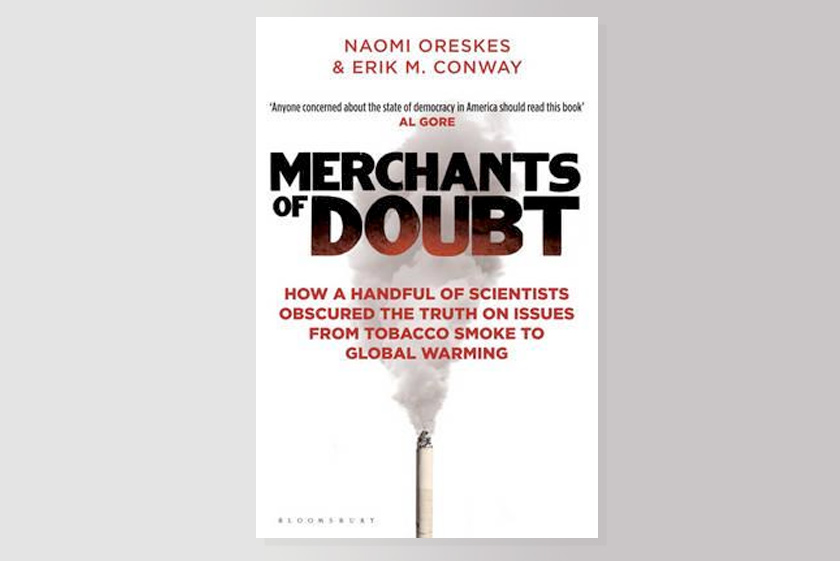
Merchants of Doubt
Merchants of Doubt tells the story of how a loose-knit group of high-level scientists and scientific advisers, with deep connections in politics and industry, ran effective campaigns to mislead the public and deny well-established scientific knowledge over four decades. Remarkably, the same individuals surface repeatedly - some of the same figures who have claimed that the science of global warming is "not settled" denied the truth of studies linking smoking to lung cancer, coal smoke to acid rain, and CFCs to the ozone hole. "Doubt is our product," wrote one tobacco executive. These 'experts' supplied it.
Naomi Oreskes and Erik M. Conway, historians of science, roll back the rug on this dark corner of the American scientific community, showing how ideology and corporate interests, aided by a too-compliant media, have skewed public understanding of some of the most pressing issues of our era.
Buy On:
Easons €14.00
Book Depository €13.18
Waterstones £12.99
Wordery $14.85
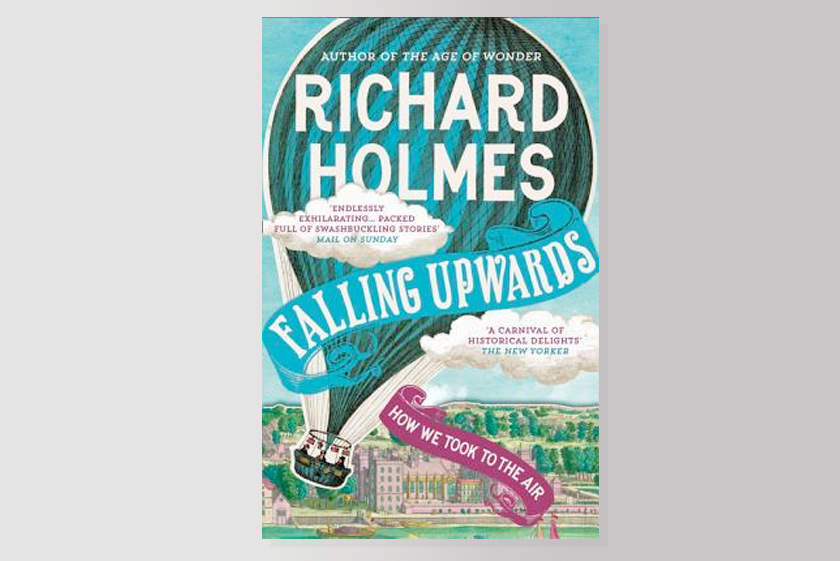
Falling Upwards: How We Took to the Air
In this heart-lifting book, Richard Holmes, author of the best-selling The Age of Wonder, follows the daring and enigmatic men and women who risked their lives to take to the air (or fall into the sky). Why they did it, what their contemporaries thought of them, and how their flights revealed the secrets of our planet is a compelling adventure that only Holmes could tell.
It is not a conventional history of ballooning. In a sense it is not really about balloons at all. It is about what balloons gave rise to. It is about the spirit of discovery itself and the extraordinary human drama it produces.
From the dramatic and exhilarating early Anglo-French balloon rivalries, the crazy firework flights of the beautiful Sophie Blanchard, the long-distance voyages of the American entrepreneur John Wise and French photographer Felix Nadar to the balloons used to observe the horrors of modern battle during the Civil War (including a flight taken by George Armstrong Custer); the legendary tale of at least sixty-seven manned balloons that escaped from Paris (the first successful civilian airlift in history) during the Prussian siege of 1870-71; the high-altitude exploits of James Glaisher who rose seven miles above the earth without oxygen, helping to establish the new science of meteorology; and how Mary Shelley, Edgar Allan Poe, and Jules Verne felt the imaginative impact of flight and allowed it to soar in their work.
Buy On:
Easons €12.60
Book Depository €13.71
Waterstones £12.99
Wordery $14.95
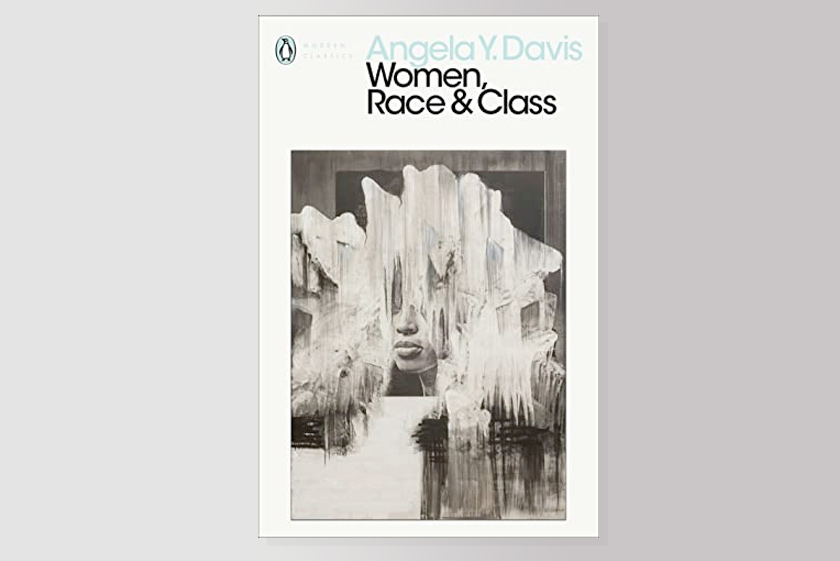
Women, Race & Class
Tracing the intertwined histories of the abolitionist and women's suffrage movements, Davis examines the racism and class prejudice inherent in so much of white feminism, and in doing so brings to light new pioneering heroines, from field slaves to mill workers, who fought back and refused to accept the lives into which they were born.
Buy On:
Book Depository €9.38
Waterstones £9.99
Wordery $11.08
Q. What's the most recent smart thinking book you've read (and how would you rate it)?
I'm judging the 2020-1 Hughes Prize for popular history of science writing at the moment, and we haven't finalised the winner yet, so best to say I'm loving the whole shortlist.
Review from Book Depository:
The environmental turn in the humanities and social sciences has meant a new focus on the history of animals. This is one of the first books to look across species at animals in a colonial, urban society. If imperialism is a series of power relationships, it involves not only the subjugation of human communities but also animals. What was the relationship between these two processes in colonial Singapore? How did various interactions with animals enable changes in interactions between people, and the expression of power in human terms.
(All affiliate links earn commission from purchases that help fund this site. Prices accurate at time of writing) Review from Book Depository:
Lucy Jane Santos presents the surprising history of radium in everyday life.
(All affiliate links earn commission from purchases that help fund this site. Prices accurate at time of writing) Review from Book Depository:
At the age of four, Jaipreet Virdi's world went silent. A severe case of meningitis left her alive but deaf, suddenly treated differently by everyone. Her deafness downplayed by society and doctors, she struggled to "pass" as hearing for most of her life. Countless cures, treatments, and technologies led to dead ends. Never quite deaf enough for the Deaf community or quite hearing enough for the "normal" majority, Virdi was stuck in aural limbo for years. It wasn't until her thirties, exasperated by problems with new digital hearing aids, that she began to actively assert her deafness and reexamine society's--and her own--perception of life as a deaf person in America.
(All affiliate links earn commission from purchases that help fund this site. Prices accurate at time of writing) Review from Book Depository:
J.B.S. Haldane's life was rich and strange, never short on genius, never lacking for drama. He is best remembered as a geneticist who revolutionized our understanding of evolution, but his peers thought him a polymath; one student called him 'the last man who knew all there was to be known'.
(All affiliate links earn commission from purchases that help fund this site. Prices accurate at time of writing) Review from Book Depository:
Where did the idea of race come from, and what does it mean? In an age of identity politics, DNA ancestry testing and the rise of the far-right, a belief in biological differences between populations is experiencing a resurgence. The truth is: race is a social construct. Our problem is we find this hard to believe.
(All affiliate links earn commission from purchases that help fund this site. Prices accurate at time of writing) Review from Book Depository:
The Middle Ages were a time of wonder. They gave us the first universities, the first eyeglasses and the first mechanical clocks as medieval thinkers sought to understand the world around them, from the passing of the seasons to the stars in the sky.
(All affiliate links earn commission from purchases that help fund this site. Prices accurate at time of writing)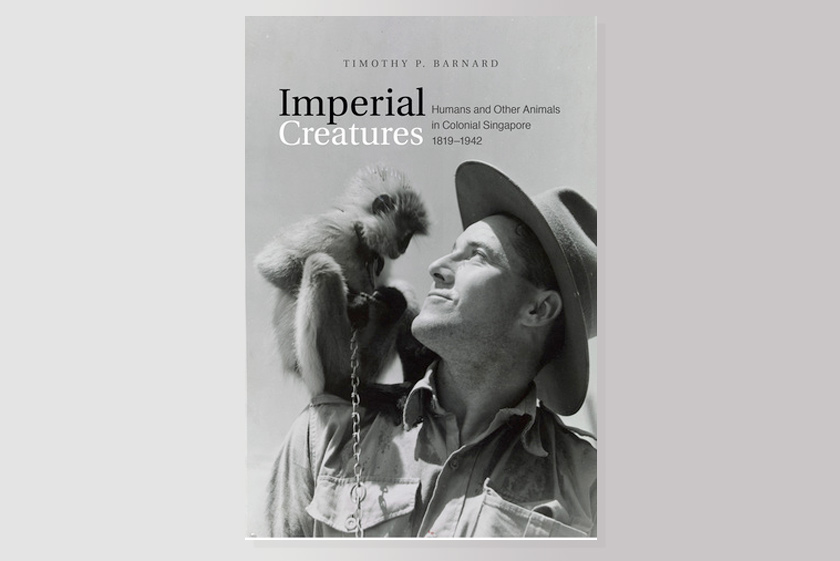
Imperial Creatures: Humans and Other Animals in Colonial Singapore, 1819-1942
The imposition of imperial power relationships was a process that was often complex and messy, and it led to the creation of new communities throughout the world, including the colonial port city of Singapore. Through a multi-disciplinary consideration of fauna, this book weaves together a series of tales to document how animals were cherished, slaughtered, monitored, and employed in a colonial society, to provide insight into how imperial rule was imposed on an island in Southeast Asia. Fauna and their histories of interacting with humans, thus, become useful tools for understanding our past, revealing the effects of establishing a colony on the biodiversity of a region, and the institutions that quickly transformed it. All animals, including humans, have been creatures of imperialism in Singapore. Their stories teach us lessons about the structures that upheld such a society and how it developed over time.
Buy On:
Book Depository €27.29
Waterstones £26.95
Wordery $37.56
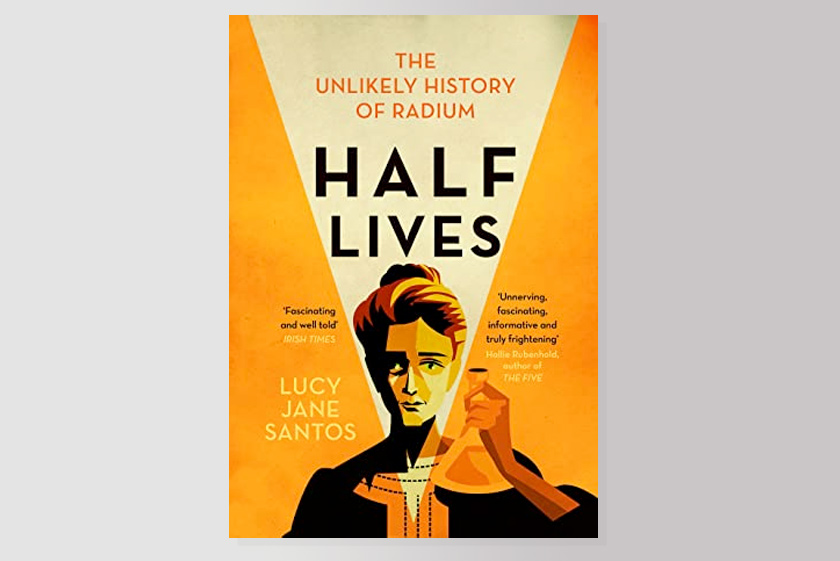
Half Lives: The Unlikely History of Radium
Of all the radioactive elements discovered at the end of the 19th century, it was radium that became the focus of both public fascination and entrepreneurial zeal.
Half Lives tells the fascinating, curious, sometimes macabre story of the element through its ascendance as a desirable item - a present for a queen, a prize in a treasure hunt, a glow-in- the-dark dance costume - to its role as a supposed cure-all in everyday 20th-century life, when medical practitioners and business people (reputable and otherwise) devised ingenious ways of commodifying the new wonder element, and enthusiastic customers welcomed their radioactive wares into their homes.
Historian Lucy Jane Santos - herself the proud owner of a formidable collection of radium beauty treatments - delves into the stories of these products and details the gradual downfall and discredit of the radium industry through the eyes of the people who bought, sold and eventually came to fear the once-fetishized substance.
She reveals a new history of radium, one in which the stories of those previously dismissed as quacks and fools are brought to life, as part of a unique examination of the interplay between science and popular culture.
Buy On:
Easons €14.00
Book Depository €15.66
Waterstones £9.99
Wordery $12.84
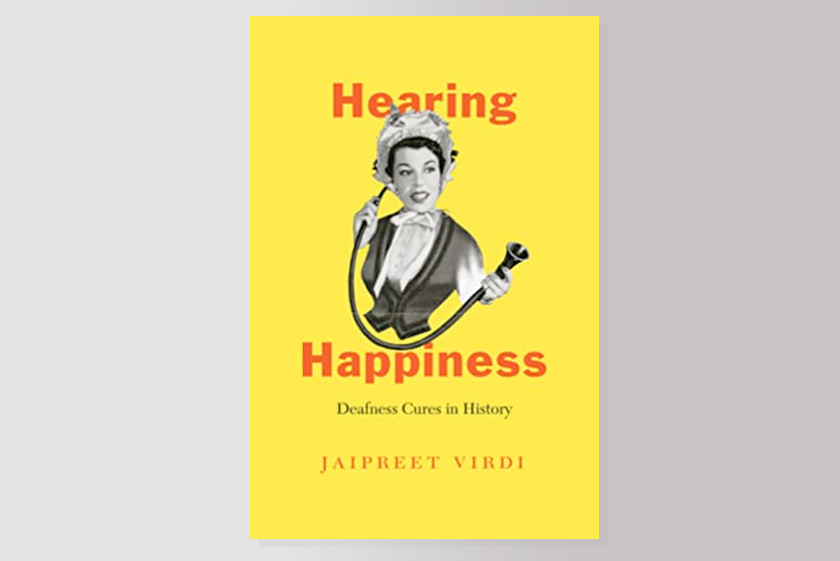
Hearing Happiness: Deafness Cures in History
Through lyrical history and personal memoir, Hearing Happiness raises pivotal questions about deafness in American society and the endless quest for a cure. Taking us from the 1860s up to the present, Virdi combs archives and museums in order to understand the long history of curious cures: hearing trumpets, violet-ray apparatuses, pneumomassages, electrotherapy machines, airplane diving, bloodletting, skull hammering, and many more. Hundreds of procedures and products have promised grand miracles but always failed to deliver--a legacy that is still present in contemporary biomedicine.
Weaving Virdi's own experiences together with her exploration into the fascinating history of deafness cures, Hearing Happiness is a powerful story that America needs to hear.
Buy On:
Book Depository €19.76
Waterstones £22.00
Wordery $30.70
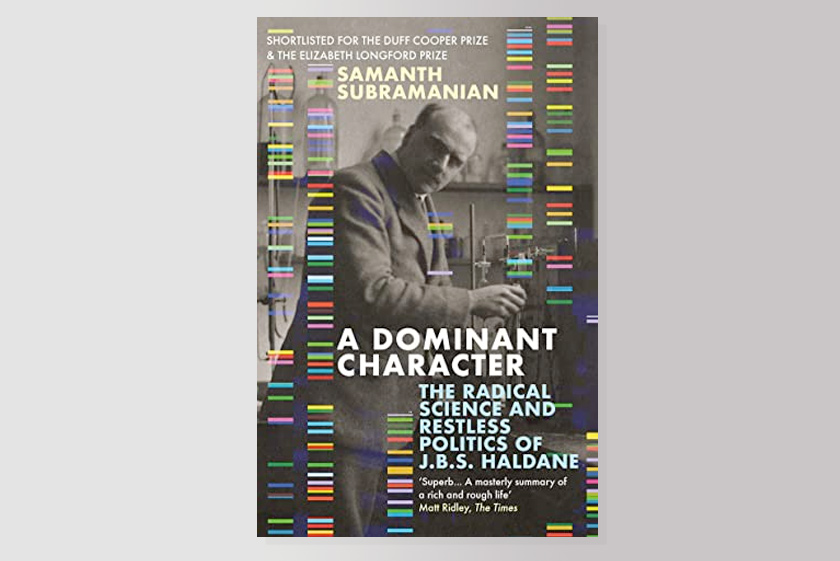
A Dominant Character: The Radical Science and Restless Politics of J.B.S. Haldane
Beginning in the 1930s, Haldane was also a staunch Communist - a stance that enhanced his public profile, led him into trouble, and even drew suspicions that he was spying for the Soviets. He wrote copiously on science and politics for the layman, in newspapers and magazines, and he gave speeches in town halls and on the radio, all of which made him, in his day, as famous in Britain as Einstein. Arthur C. Clarke called Haldane 'the most brilliant science popularizer of his generation'. He frequently narrated aspects of his life: of his childhood, as the son of a famous scientist; of his time in the trenches in the First World War and in Spain during the Civil War; of his experiments upon himself; of his secret research for the British Admiralty; of his final move to India, in 1957.
A Dominant Character unpacks Haldane's boisterous life in detail, and it examines the questions he raised about the intersections of genetics and politics - questions that resonate all the more strongly today.
Buy On:
Easons €21.00
Book Depository €16.55
Waterstones £10.99
Wordery $13.27
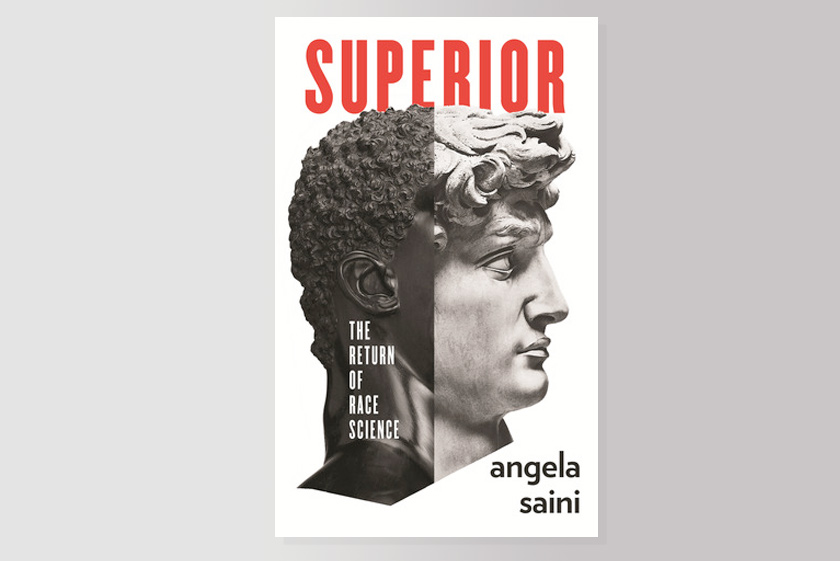
Superior: The Return of Race Science
In Superior, award-winning author Angela Saini investigates the concept of race, from its origins to the present day. Engaging with geneticists, anthropologists, historians and social scientists from across the globe, Superior is a rigorous, much needed examination of the insidious and destructive nature of the belief that race is real, and that some groups of people are superior to others.
Buy On:
Easons €14.00
Book Depository €9.48
Waterstones £9.99
Wordery $12.16
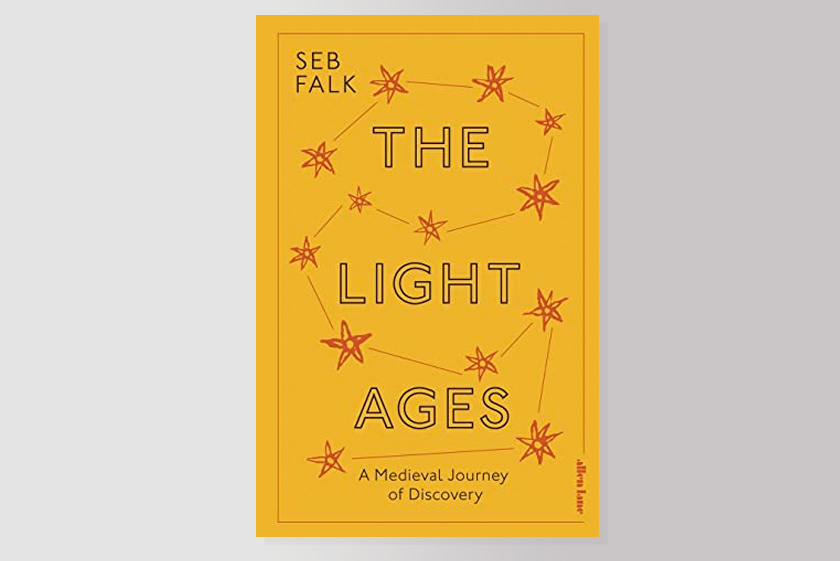
The Light Ages: A Medieval Journey of Discovery
In this book, we walk the path of medieval science with a real-life guide, a fourteenth-century monk named John of Westwyk - inventor, astrologer, crusader - who was educated in England's grandest monastery and exiled to a clifftop priory. Following the traces of his life, we learn to see the natural world through Brother John's eyes: navigating by the stars, multiplying Roman numerals, curing disease and telling the time with an astrolabe.
We travel the length and breadth of England, from Saint Albans to Tynemouth, and venture far beyond the shores of Britain. On our way, we encounter a remarkable cast of characters: the clock-building English abbot with leprosy, the French craftsman-turned-spy and the Persian polymath who founded the world's most advanced observatory.
An enthralling story of the struggles and successes of an ordinary man and an extraordinary time, The Light Ages conjures up a vivid picture of the medieval world as we have never seen it before.
Buy On:
Book Depository €18.72
Waterstones £20.00
Wordery $20.68
Q. Do you have a favourite childhood book?
I was the sort of kid that always had their head in a book, I've always been a fast reader and would get through anything in the school library at a rate of knots. I never really had a fave because I was usually so eager to get on to the next book, though I would go back to read books like Little Women when I was ill, a sort of comfort reading. A kids book I read recently which I thought was great, both for kids and adults, is the new Usborne guide to the climate crisis.
Review From Book Depository:
The Climate Crisis is real. Climate Change is having an enormous impact on the world around us. This book uses simple language and vivid illustrations to explain complex questions clearly. How does the climate work? What are we doing to change it? What can we do differently to avoid the worst outcomes? Why do we all find change so hard? The Climate Crisis is a troubling and sensitive topic, especially for children, so the book includes vital tips on how to set realistic goals and not get overwhelmed by bad news.
(All links earn commission from purchases that help fund this site. Prices accurate at time of writing)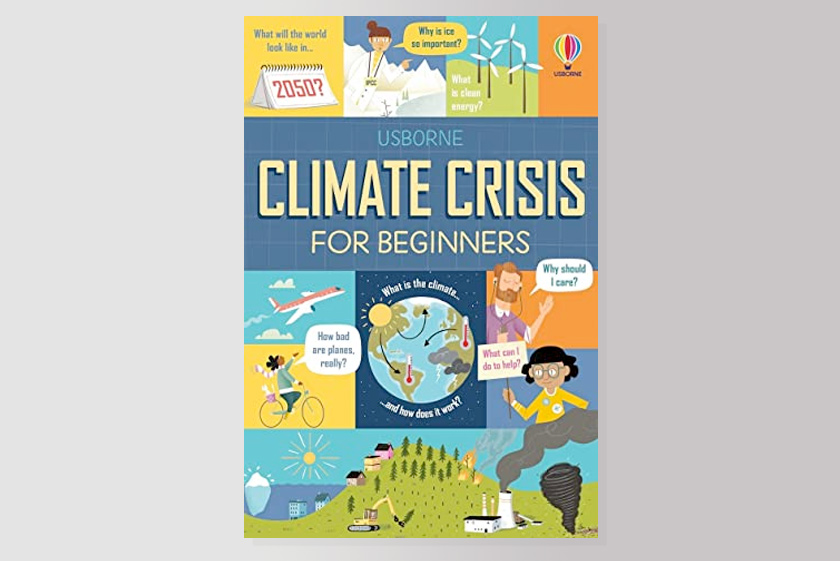
Climate Crisis For Beginners
Buy On:
Book Depository €9.58
Waterstones £9.99
Wordery $10.65
Q. Do you prefer reading on paper, Kindle or listening to an audiobook?
I'm very much a dead-tree reader. Audiobooks are good when I take myself for a long walk, but I prefer drama or podcasts normally to listen to. And though I use e-books for work sometimes, I like the physical object of a book to absorb myself in.
Q. Do you have a favourite bookshop (and why that shop)?
Can I pick one that's closed? I have really strong memories of the Kilburn bookshop, where I'd go as a child. I can almost smell it, remembering it. When I heard it was closing, even though I had long-ago moved away, I cycled up there for the last weekend they were trading - bought a copy of Mary Seacole's autobiography which I still have. I worked for Waterstone's for a while in my 20s and it can take the romance out of bookshops a bit - all those jenga-like piles of the latest blockbuster. That said, I have great memories of working there, and one of the things that makes being a bookseller so fun is the excitement some customers come into the shop with. I remember one guy found an old book token he'd won at school over a decade ago and was so pleased when we said we would still accept it, running up to the cookery section to treat himself to a bulky hardback he'd had his eye on.
Many thanks to Alice for recommending an important list of books! Please don't forget to check out Alice's book Our Biggest Experiment: An Epic History of the Climate Crisis.
Daryl
Image Copyrights: Bloomsbury Publishing PLC (Our Biggest Experiment, Merchants of Doubt), HarperCollins Publishers (Falling Upwards, Superior), Penguin Books Ltd (Women, Race & Class, The Light Ages), Ridge Books (Imperial Creatures), Icon Books Ltd (Half Lives), The University of Chicago Press (Hearing Happiness), Atlantic Books (A Dominant Character), Usborne Publishing Ltd (Climate Crisi For Beginnners).
< Home

